A bill that discriminates against India’s transgender community
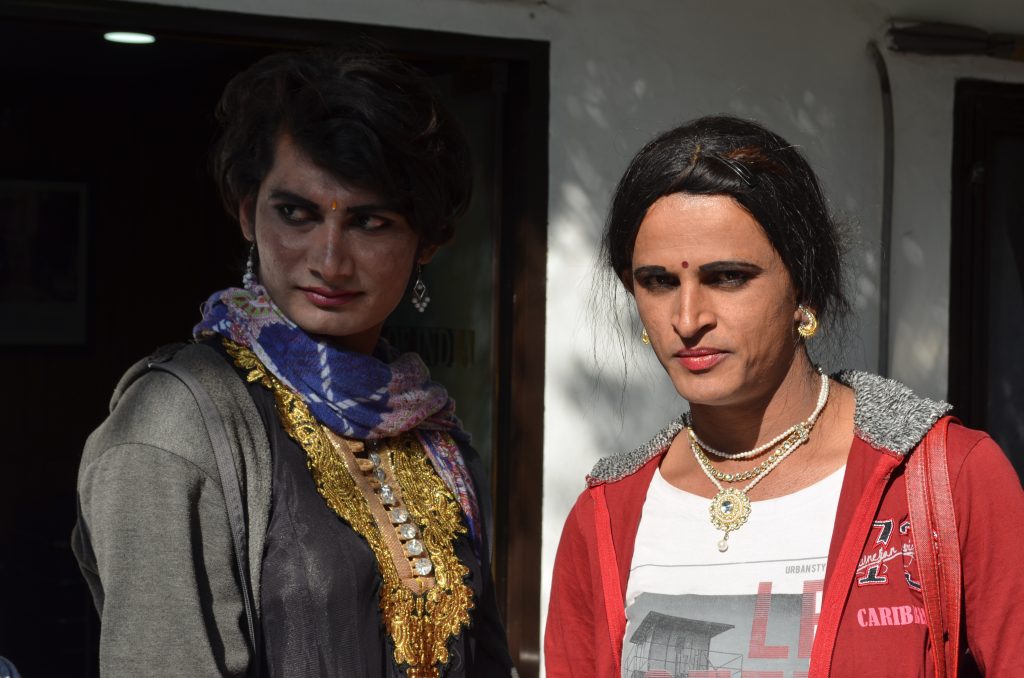
They say it is “discriminatory” and would introduce a gender apartheid that would disadvantage India’s many and complex transgender, hijra, inter-sex and gender variant communities.
India’s nearly three-million-strong transgender community, commonly called “hijras” in Hindi, has long beenan oppressed minority.
Now they are up in arms following a government move to usher in the Transgender Persons (Protection of Rights) Bill which would criminalize them. They are demanding a complete rollback.
“This is absolute hogwash. This bill if passed in its current form – will lead to more systemic discrimination and abuse of transgender persons. It will have to go!” Nayantra Kumar told DW.
“All these years, we have been fighting for a life of dignity, which is hard to come by. And now we have proposed legislation that will deny us our rights and make us even more vulnerable,” said Prerna Guha.
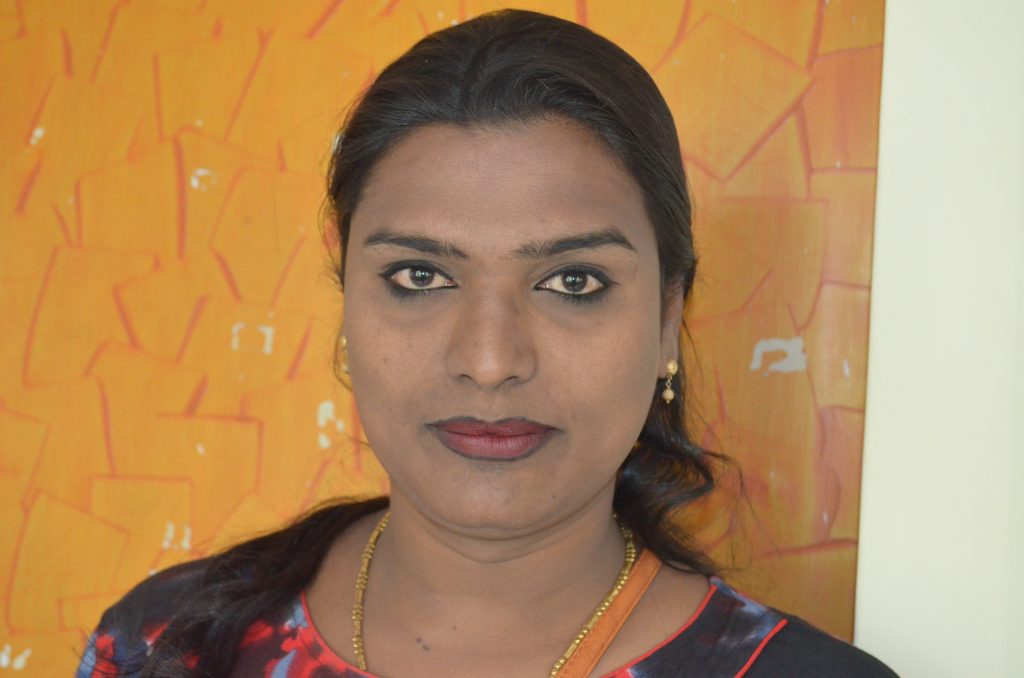
In 2014, the Supreme Court passed a ruling that affirms the fundamental rights of trans people and upholds the right of self-identification of gender as male, female or transgender, irrespective of hormonal therapies and surgeries.
The new law would transfer the power of gender identification to doctors, psychologists and psychiatrists. It would introduce a screening committee in each district to determine if a person is trans or intersex.
“Am I going to strip in front of the district magistrate or a chief medical officer to prove that I am a transwoman? Before they draft a bill, they should educate themselves about the life of a transgender,” said Aparna Banerjee.
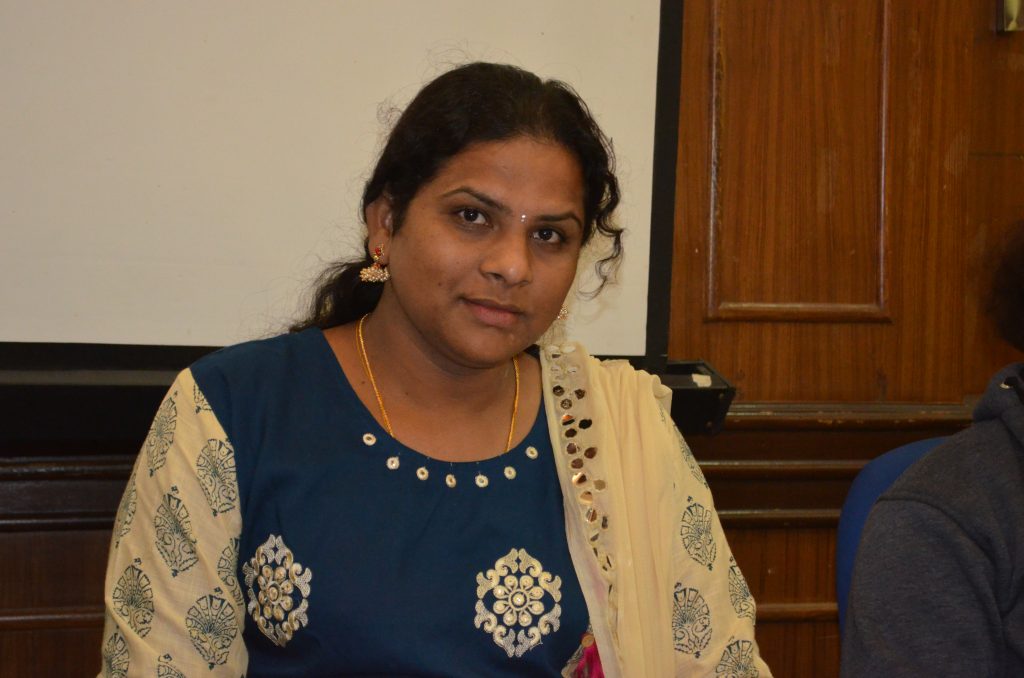
The supposed need of a medical officer to determine whether someone is trans and subsequently punish them has left the third gender community angry as it questions their identity and puts them at risk of having to undergo certain medical procedures.
In certain countries such as Argentina, which has a model law on transgenders, self-declaration by the person concerned is the singular requisite needed to receive a recognition certificate.
The Indian bill begins with a problematic definition of a “transgender”person, as “neither wholly female nor wholly male, or a combination of female or male or neither female nor male, and whose sense of gender does not match with the gender assigned to that person at the time of birth, and includes trans men and trans women, persons with intersex variations and gender-queers.”
What’s more, the provision on the criminalization of begging is a perfect example of how little the bill speaks to the actual, specific realities of trans people’s lives. It says that “whoever compels or entices a transgender person to indulge in the act of begging or other similar forms of forced or bonded labour […] shall be punishable with imprisonment.”
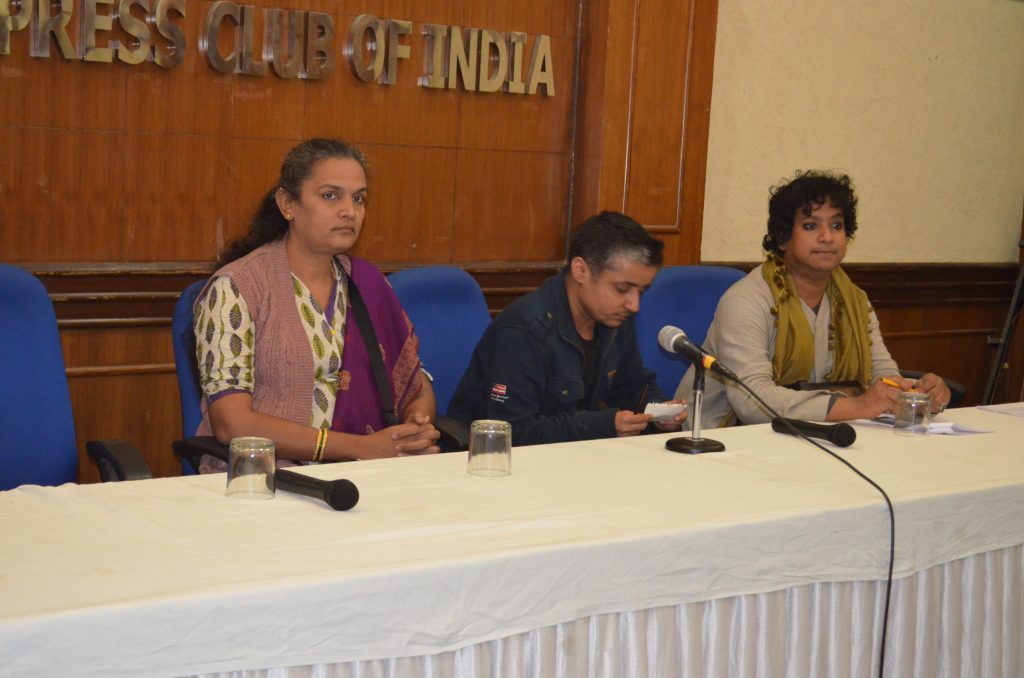
“It (law) will punish individuals like us who engage in begging without being aware of the actual economic circumstances, alternative family structures and cultural traditions that lead some trans people in India to begging in the first place,” argued Babita.
Being legally invisible, the community has battled hard to gain acceptance and recognition over the years. Finding mainstream jobs, gaining an education, accessing medical care and qualifying for government welfare schemes are utopian for most members.
Having been denied access to public services and employment, a huge swathe of India‘s transgender population has been forced to beg or become sex workers. This has only reinforced the stigma attached to them. Many fear for their physical safety from the police.
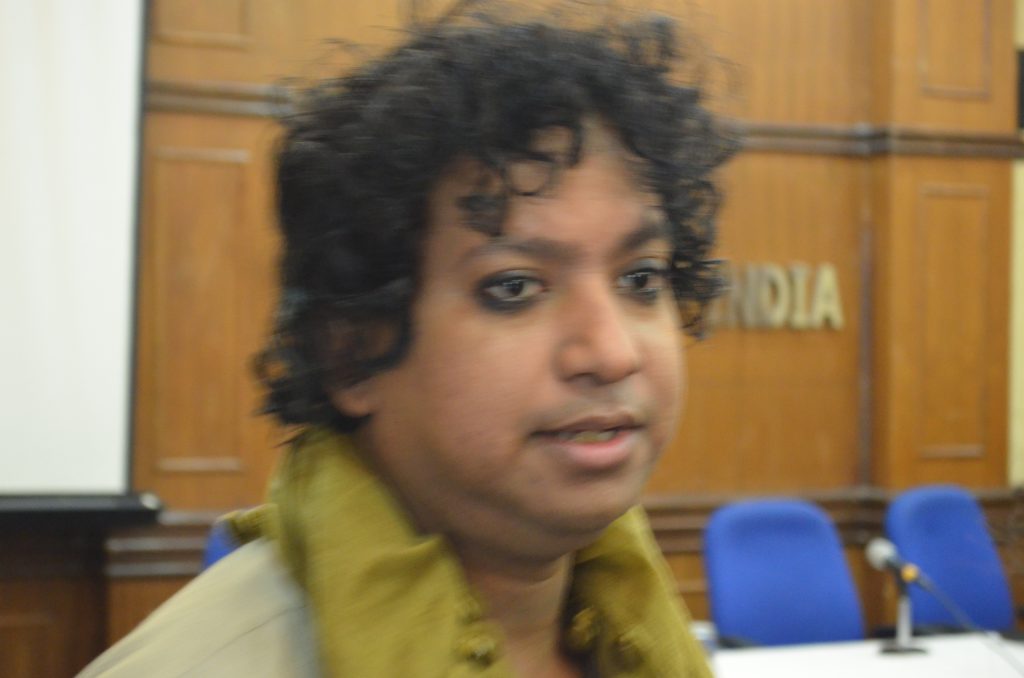
Just last month, India’s Supreme Court ordered a re-examination of a 2013 verdict that upheld the criminalization of sexual relations between same-sex adults. The ruling was welcomed by the LGBT community.
In its order, India’s top court ordered that a larger bench re-examine Section 377 of the Indian Penal Code that criminalizes homosexuality. Under the British colonial-era law, homosexual acts are punishable by a 10-year prison term.
Indian law does not recognize same-sex marriages, nor does it provide for civil unions. In fact, the government is planning to bring in legislation under which gay and lesbian couples cannot have children born with the help of an Indian surrogate mother. It is these exclusions that the LGBT community is striving to abolish.
Author: Murali Krishnan
Editor: Anne Thomas
_____
WTO RECOMMENDS
‘They treat us like aliens’
‘Transgender’ in India usually signifies a person who does not identify with the gender he or she was born with. Often, the so-called “third gender” is maligned and discriminated against by the Indian mainstream. Women Talk Online blogger Murali Krishnan spoke to five transgenders at an event in New Delhi and asked them about their expectations from the upcoming general elections and Indian society in general.
Why are Indian authorities failing to protect women?
Over the past five days, multiple assaults on women and girls have been reported from five towns in India’s northern state of Haryana. The crude and frighteningly brutal nature of these attacks have shocked Indian society and once again thrust the issue of women’s safety into the spotlight.
Muslim men instantly divorcing women could be declared criminals in India
A proposed bill criminalizing “triple talaq” among Indian Muslims has spawned an acrimonious debate. Critics complain if it becomes law, it could be used as a tool against Muslim men and wouldn’t help Muslim women.



